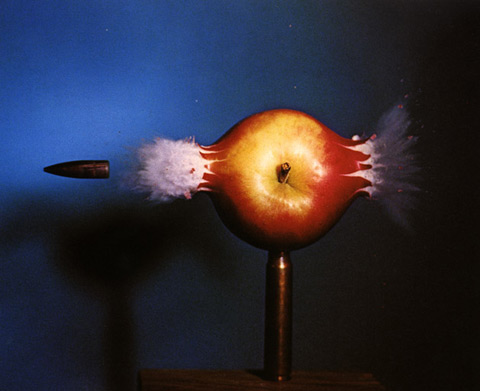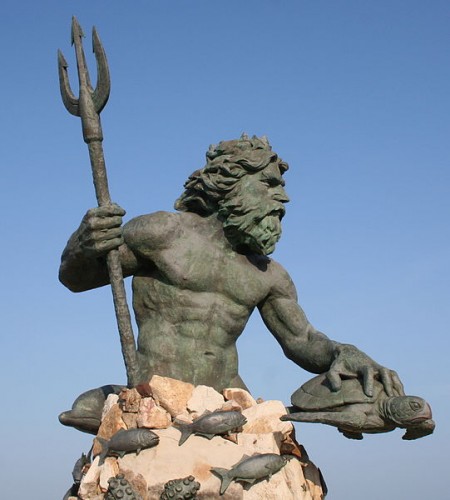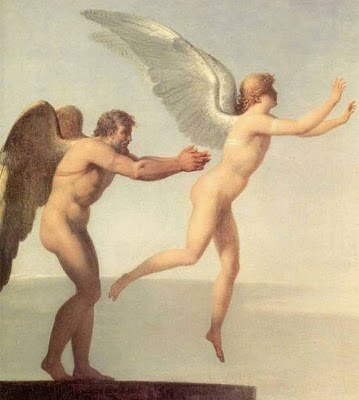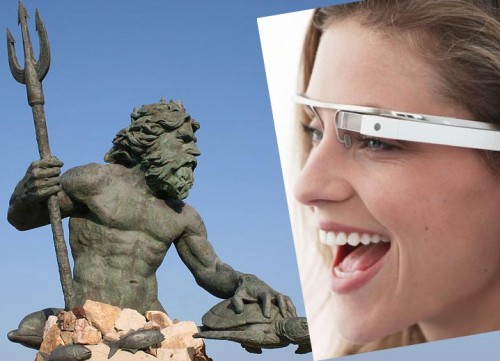When I finally read Civilization and its Discontents a few years ago, I was struck by how contemporary the issues felt even though it was written in 1930. Here’s a powerful section of the book where Freud writes about technology and happiness. It’s amusing to see a “gramophone” trotted out as high technology, but eighty years from now the iPad will seem just as ancient. What will we be saying then about our new powers?
[Excerpted from Civilization and its Discontents, pages 37-39. Slightly edited.]
With every tool man is perfecting his own organs, whether motor or sensory, or is removing the limits to their functioning.
Motor power places gigantic forces at his disposal, which, like his muscles, he can employ in any direction; thanks to ships and aircraft neither water nor air can hinder his movements;
by means of spectacles he corrects defects in the lens of his own eye; by means of the telescope he sees into the far distance; and by means of the microscope he overcomes the limit of visibility set by the structure of his retina.

In the photographic camera he has created an instrument which retains the fleeting visual impressions, just as a gramophone disc retains the equally fleeting auditory ones; both are at bottom materializations of the power he possesses of recollection, his memory.

Earliest Recording of Human Voice (Earliest Recording of Human Voice, 1860)
With the help of the telephone he can hear at distances which would be respected as unattainable even in a fairy tale.
Writing was in its origin the voice of an absent person; and the dwelling-house was a substitute for the mother’s womb, the first lodging, for which in all likelihood man still longs, and in which he was safe and felt at ease.

These things that, by his science and technology, man has brought about on this earth … these things do not only sound like a fairy tale, they are an actual fulfillment of every–or of almost every–fairy-tale wish.


… Long ago he formed an ideal conception of omnipotence and omniscience which he embodied in his gods. To these gods he attributed everything that seemed unattainable to his wishes, or that was forbidden to him. … Today he has come very close to the attainment of this ideal, he has almost become a god himself …
Man has, as it were, become a kind of prosthetic God.
When he puts on all his auxiliary organs he is truly magnificent; but those organs have not grown on to him and they still give him much trouble at times. … Future ages will bring with them new and probably unimaginably great advances in this field of civilization and will increase man’s likeness to God still more.
But in the interests of our investigations, we will not forget that present-day man does not feel happy in his Godlike character.
Powerful stuff, eh? The woman in that final image is sporting the recently-announced Google Glasses, so you can have the internet with you and in your face (literally) every waking moment. Talk about an extension to one’s memory! What would he have said about that?!
All of Freud’s books are now in the public domain. Here is a Low-res scan of Civilization and its Discontents is available. A pdf version is here.





